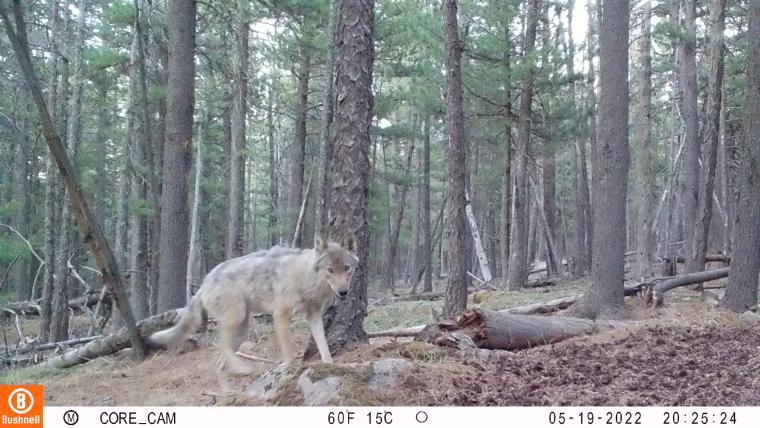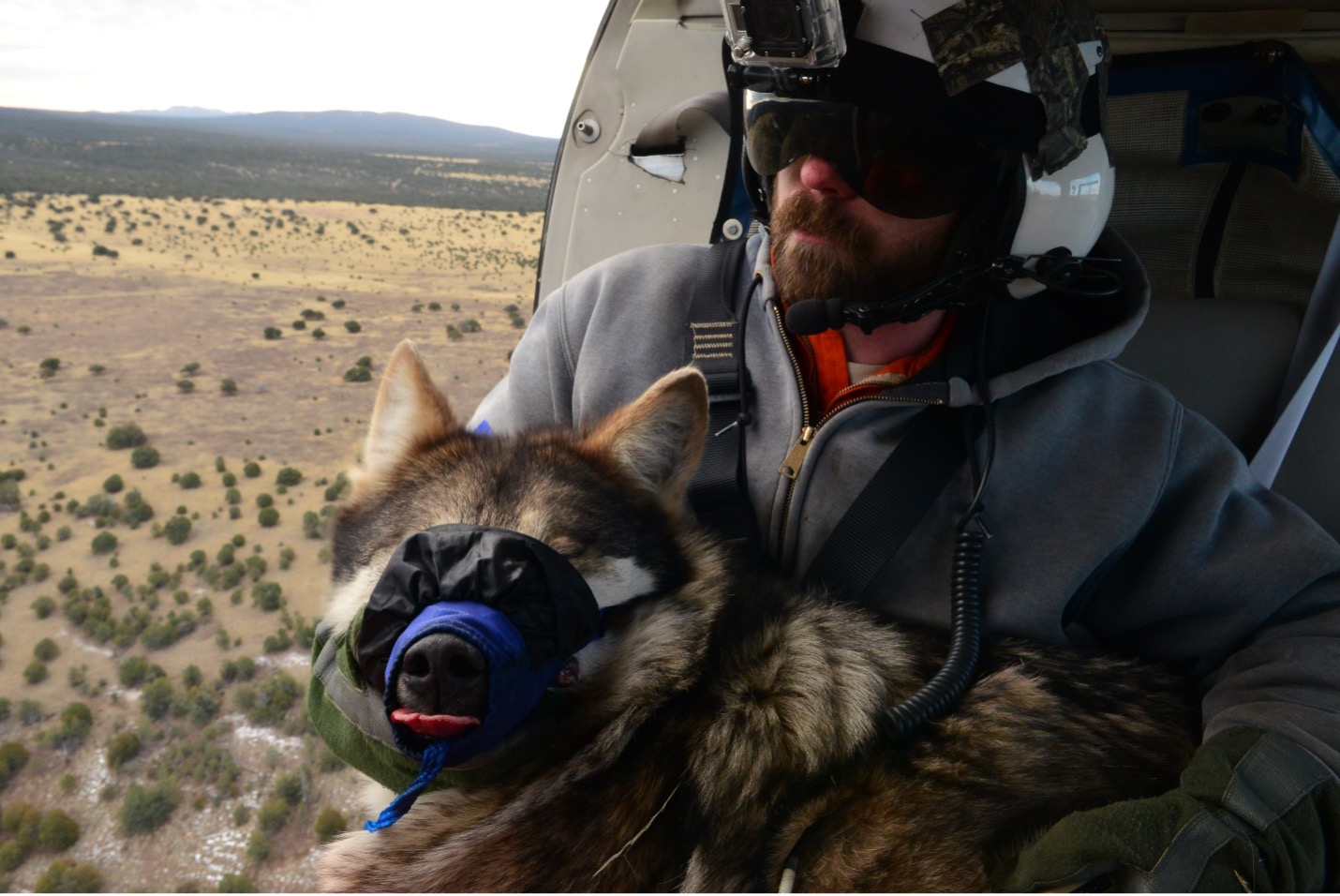Congratulations to Jeff!
Congratulations to Jeff Dolphin on the successful defense of his master’s thesis: The wolves of Bogd Khan Mountain: Contemporary challenges facing one of Mongolia's most iconic predators
Dolphin worked on Bogd Khan Mountain in Mongolia to study human-wildlife interactions as well as interactions between #wolves and feral dogs. He deployed camera traps to study spatial overlap between Mongolian wolves and other species, including feral dogs, and identify factors affecting wolf abundance. He also surveyed locals surrounding Bogd Khan Mountain to ask them about their attitudes toward wolves and wolf management.
Mongolia landscape1

In a nutshell, he found that feral dogs overlapped spatially with Mongolian wolves, especially at sites closer to urban areas, which could be a source of competition for Mongolian wolves. Feral dogs and wolves both presented problems in killing livestock according to locals. Higher abundance and higher spatial overlap of natural prey species (roe deer and wapiti) compared to livestock (cows and horses) indicate that wolves were less likely to encounter livestock compared to natural prey. Wolves showed 79% overlap with roe deer and wapiti compared to 40% and 68% overlap with cows and horses, respectively. He additionally found that the abundance of wolves was best predicted by the relative abundance of prey, dogs, and humans. Wolves and humans use the same areas, such as trails, but at different times.
Wolf 1.JPG

Although conflict exists between wolves and livestock, Dolphin’s survey found that participants largely respected wolves and employed strategies to encourage coexistence with wolves, including rotating pastures and keeping livestock guard dogs. However, attitudes toward wolves and wolf management varied with age, gender, occupation, as well as whether they lived in an urban or rural area. Those living in urban areas were more likely to perceive wolves as beneficial and support wolf conservation, whereas rural perceptions of wolves depended on spiritual beliefs. Men were also more likely than women to disagree with coexistence with wolves and support wolf hunting. Younger individuals were less likely to perceive wolves as problematic compared to older individuals. Finally, herders and people who worked a trade perceived the wolf population to be expanding, whereas natural scientists and office workers did not.
Dolphin’s findings are important for wolf conservation and management, identifying feral dogs as a potential conservation challenge and highlighting the need for educational initiatives that are tailored to demographic.
Congratulations to Jeff and big thanks to our international collaborators at Mongolian Academy of Sciences for all of their support on this project!


